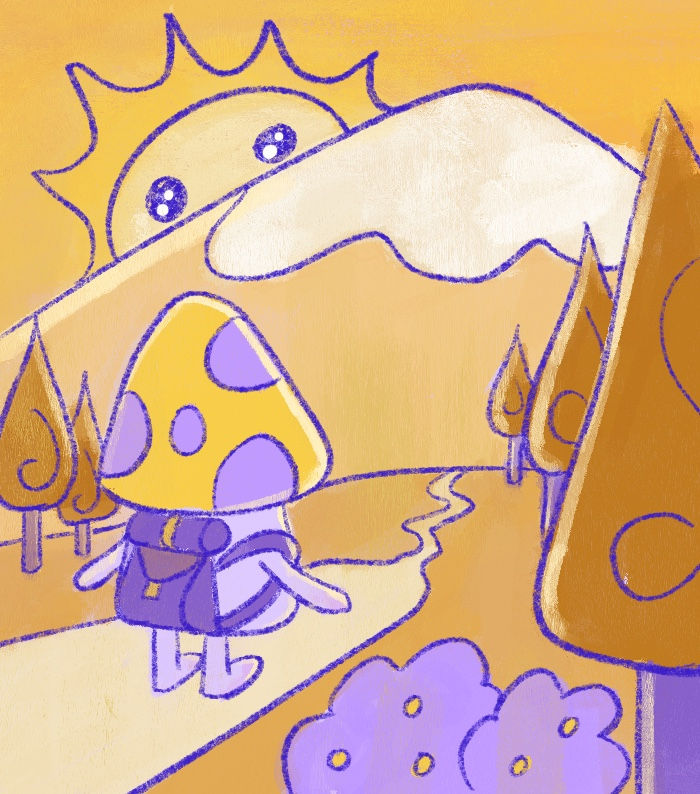Discovering that you are on the autism spectrum or ADHD later in life can be both surprising and transformative. While it opens up a new path of self-understanding it can also open up old wounds that leave you with a myriad of confusing feelings. It will take time and effort to embrace your new self, your unique neurodiverse traits and also empower your sense of identity. This is why I call it a journey as things don't just fall into place right after you receive that report. Let's explore what this neurodivergent journey involves:
Validation and Acceptance
One of the first things people tend to do after a diagnosis is reflect on their past and identify areas of difficulty and areas of strenght. This involves validating your experiences and is an important step towards self-acceptance.
Education
Take some time to educate yourself about autism or ADHD (or both). There are many resources out there in the form of Youtube videos, books, online articles and podcasts. Sometimes the information can be quite overwhelming and this is where an educator or a coach can help condense it into easier and more personalised lessons.
Seek Accommodation
It is important to find a small support bubble- close family and friends that you can trust and rely on. You may also find support from online communities like on Reddit, Facebook/Instagram or Twitter. Look out for hashtags including #latediagnosedautistic #adultadhd #audhd #neurodiversity etc.
Develop coping strategies
Identify specific challenges that you face as an ADHD or autistic person and develop coping methods to navigate them effectively. This can take time and some trial and error so it's okay to be frustrated the first time it doesn't work. These coping methods may involve some research and seeing what other people with similar challenges do and sometimes it may be helpful to get support from a therapist or coach. Some areas of challenges include, executive function, sensory processing, mental health and social skills.
Self-compassion and Self-care
At this stage we may compare ourselves to others who appear to be coping so well. Firstly, you are running a marathon and not a sprint and secondly, what you see on social media tends to be overly positive and not indicative of a person's true state of mind. We may also want to work too hard and overcompensate so don't forget to practice some self-care We tend to get stressed out a lot faster and easier than others and it's important to understand that we have strengths in many other areas as well and not about how much we can get done in a day or how well we've done in a test. Make sure to engage in special interests and prioritise activities that bring you joy to help manage your stress. Our special interests and hyperfocuses can be such a good motivator to keep us going on this journey.
In conclusion, a late diagnosis opens up a new chapter in your life- a fresh start, a journey of self-discovery, acceptance and empowerment. By doing the actions mentioned above you can start building up a stronger sense of self and confidence. Remember that you are not alone and your journey holds great potential for personal growth and fulfilment.


Commentaires